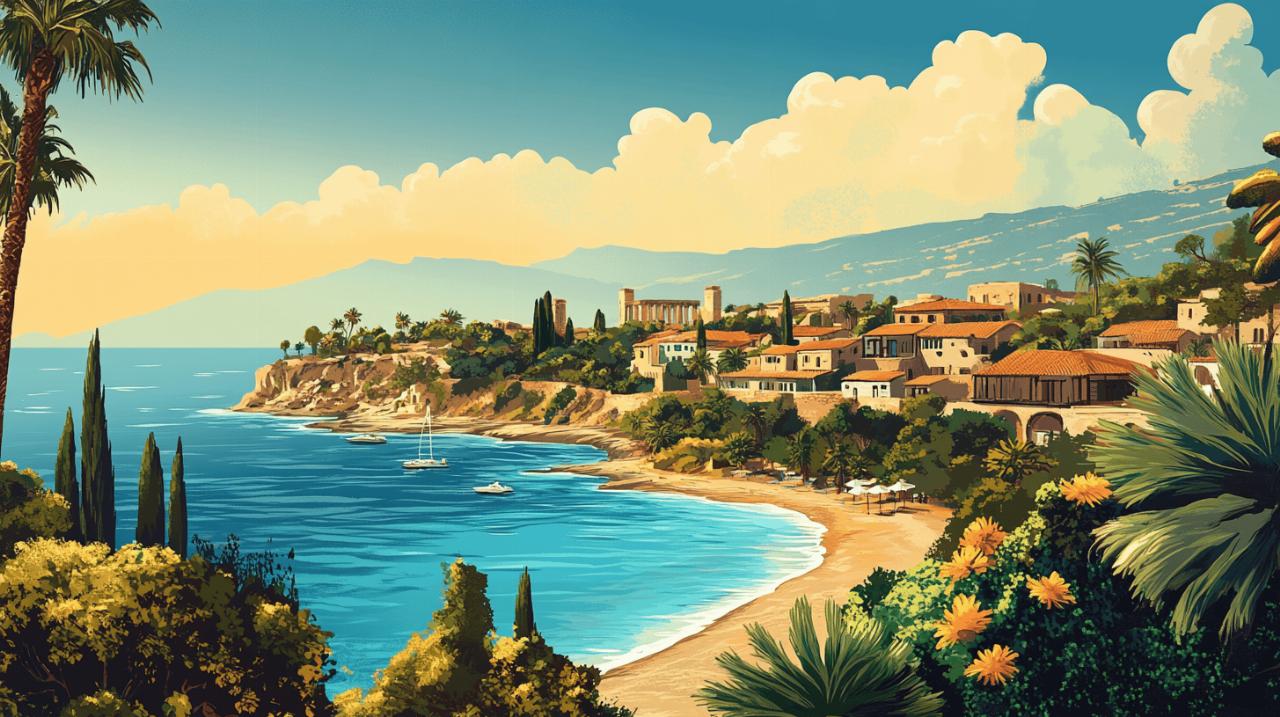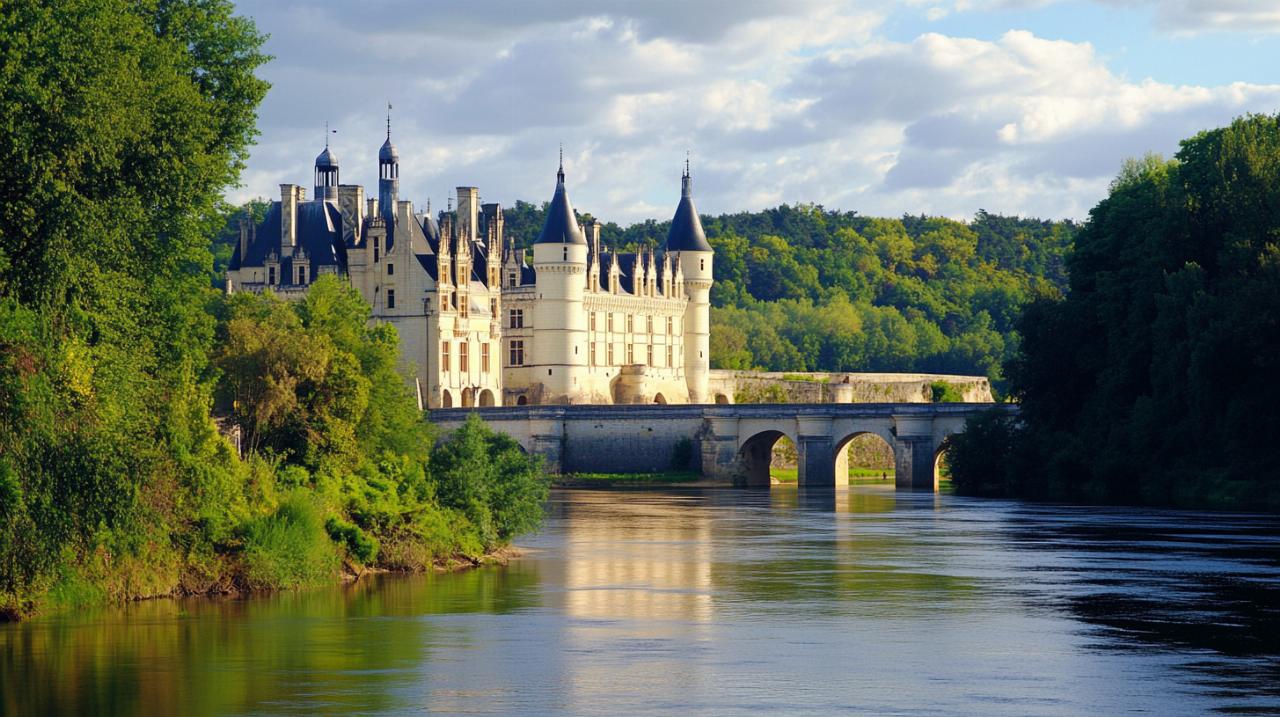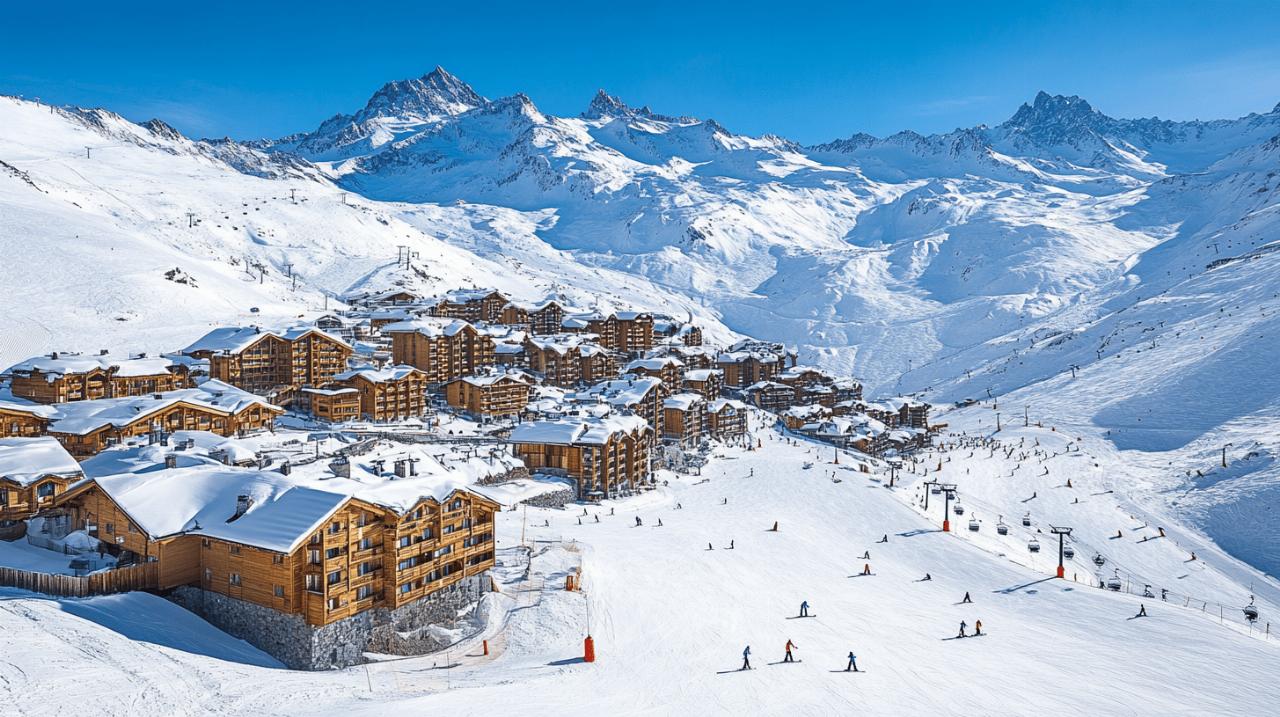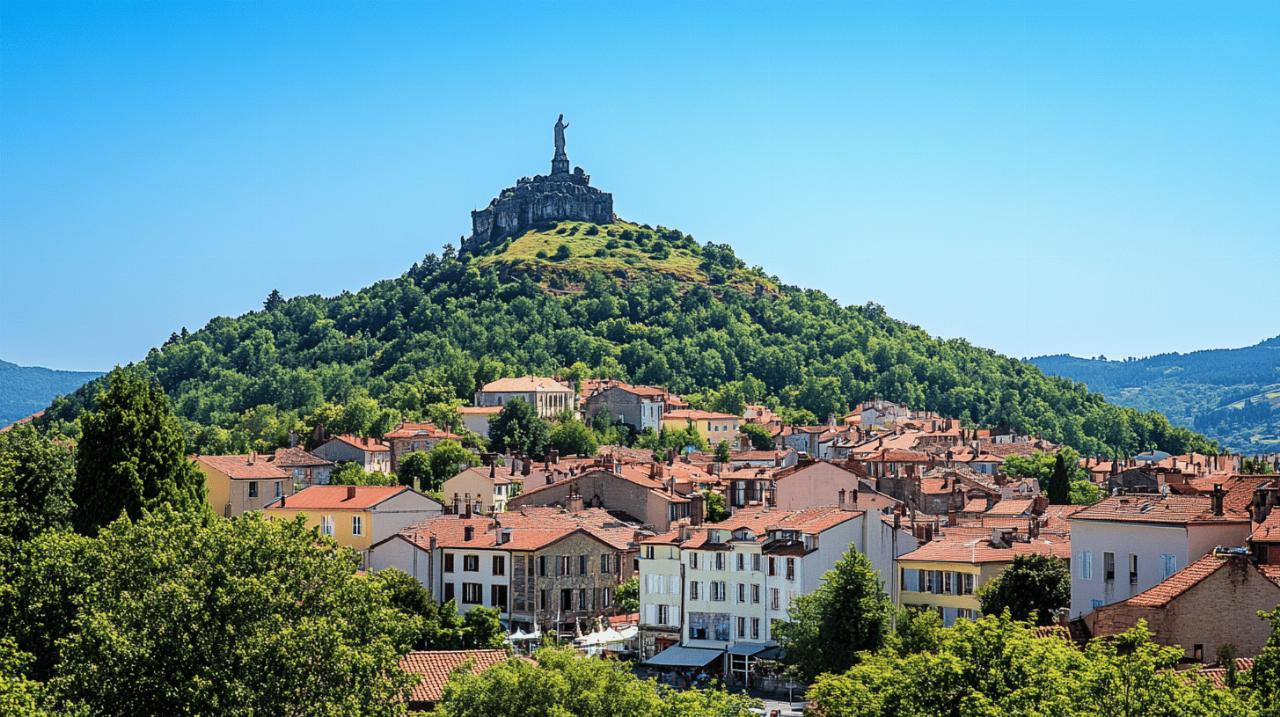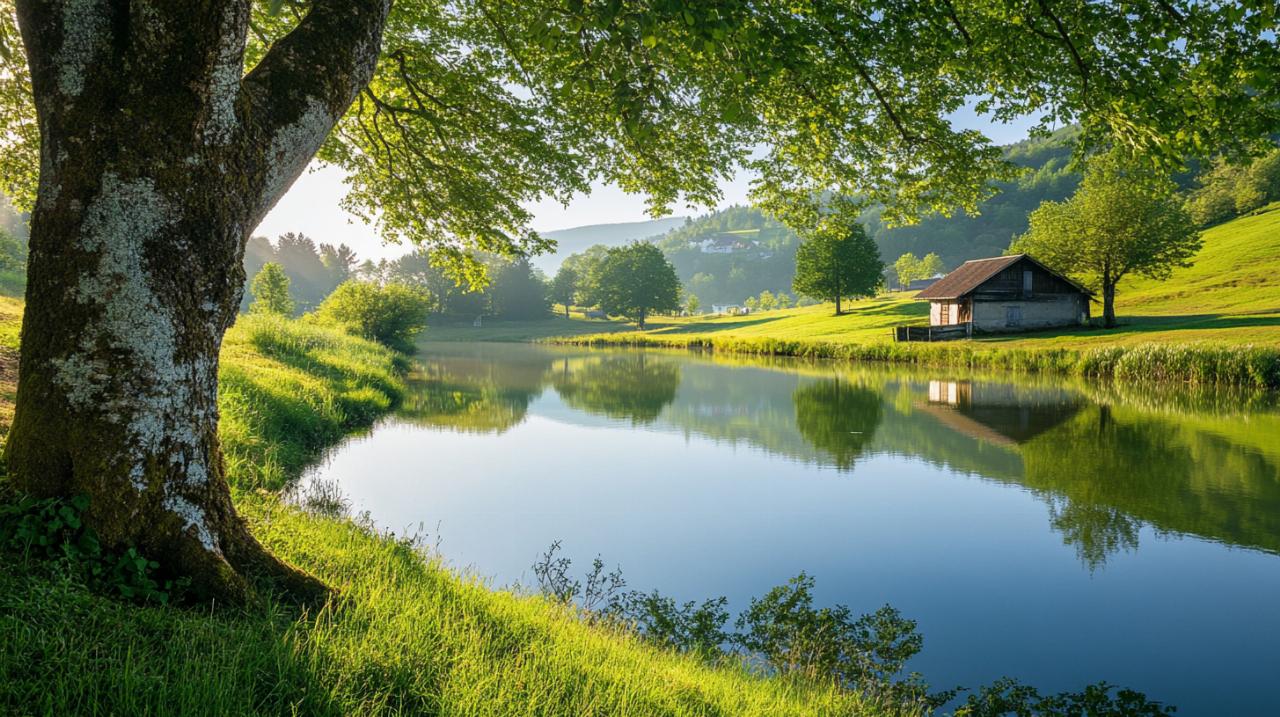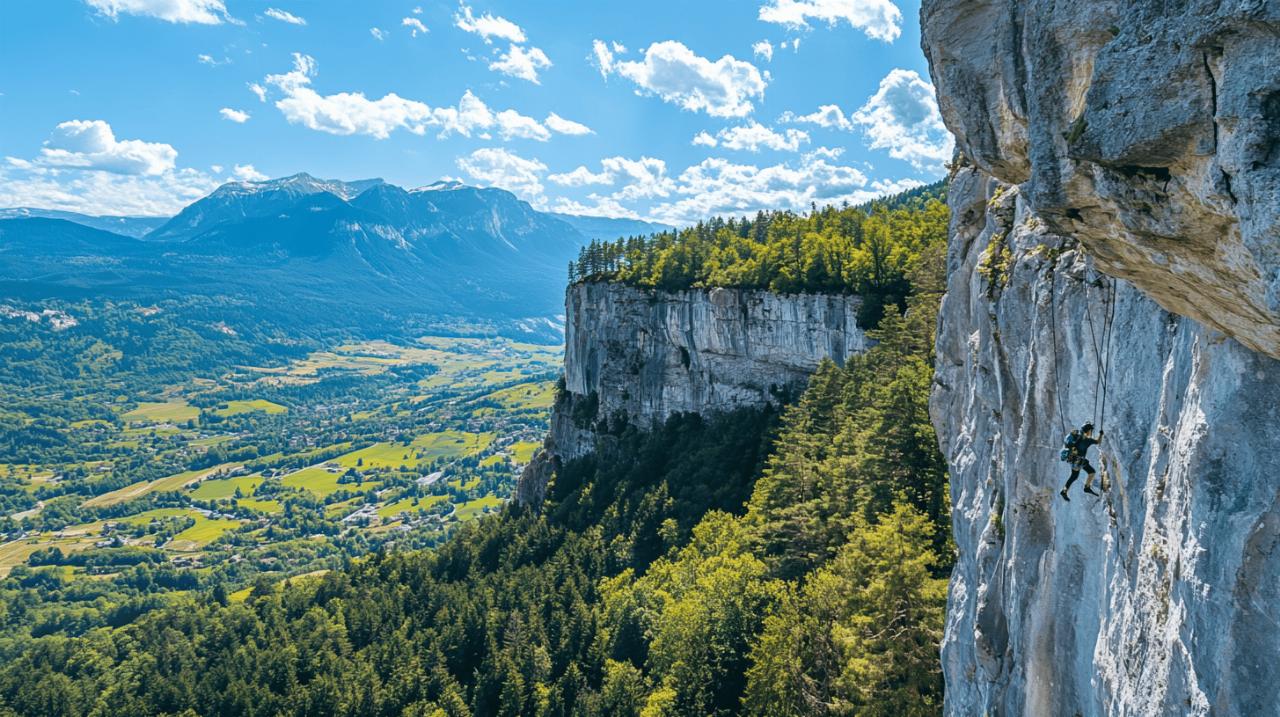Nestled in the warm embrace of the Indian Ocean, a collection of paradise islands awaits travellers seeking pristine beaches, crystal-clear waters, and rich cultural experiences. These jewels scattered across the azure expanse offer everything from luxurious retreats to adventurous escapes, each with its own distinct character and allure. The colonial influences have shaped these destinations into fascinating melting pots of culture, cuisine, and architecture, making them not just beautiful retreats but also historically significant locations worth exploring.
The Allure of Seychelles and Maldives
Seychelles: granite boulders and pristine sands
The Seychelles archipelago, comprised of 115 islands, stands as a testament to nature's artistic prowess. This tropical haven is renowned for its distinctive granite boulders that create dramatic silhouettes against the backdrop of powdery white sands. The islands of Praslin, La Digue, and Mahe offer visitors an unmatched experience of natural beauty where the lush greenery meets the turquoise ocean in perfect harmony.
Nature enthusiasts flock to the Vallée de Mai Nature Reserve, a UNESCO World Heritage site where the rare coco de mer palm grows naturally. The Aldabra Atoll, another protected area, hosts one of the world's largest populations of giant tortoises, providing a glimpse into a world largely untouched by human interference. The Seychelles represents luxury tourism at its finest, but the experience of witnessing such pristine environments makes every penny spent worthwhile.
Maldives: turquoise waters and overwater luxury
The Maldives has become synonymous with overwater bungalows and honeymoon luxury. This nation of coral islands offers perhaps the clearest turquoise waters found anywhere on the planet, creating a striking contrast with the white sandy beaches that encircle each island. The underwater experience here is nothing short of magical, making it a premier destination for diving and snorkelling enthusiasts.
Locations like Banana Reef, Fish Head, and the Wreck of the Maldives Victory have gained fame among divers seeking to explore vibrant coral formations and encounter diverse marine life. Beyond the natural splendours, a visit to Male, the capital city, offers insights into the local culture and history of this island nation. The Maldives remains the quintessential tropical getaway for those seeking both relaxation and underwater adventures in a setting of unparalleled beauty.
Cultural Richness of Mauritius and Zanzibar
Mauritius: A Melting Pot of Flavours and Experiences
Mauritius presents visitors with a delightful blend of natural beauty and cultural diversity. This island nation boasts coral reefs that fringe its coastline and mountainous landscapes that provide spectacular viewpoints. The beaches of Grand Bay invite relaxation, while the offshore Île aux Cerfs offers water sports and leisure activities in a picture-perfect setting.
The island's interior reveals treasures like Black River Gorges Park, a wilderness area protecting native forests and wildlife. History buffs appreciate sites such as The Dutch Ruins, which tell tales of the colonial past that has shaped the island's present. The Casela bird sanctuary showcases the remarkable avian diversity found on Mauritius. The local cuisine deserves special mention, as it reflects the island's multicultural heritage with influences from Indian, Chinese, French, and African traditions, creating a gastronomic adventure for visiting food enthusiasts.
Zanzibar: spice islands and historical stone town
Off the Tanzanian coast, Zanzibar emerges as a cultural tapestry woven from African, Arabian, and European threads. Known historically as the Spice Islands, the archipelago continues to produce aromatic cloves, cinnamon, and nutmeg among other spices. The fragrant plantations provide fascinating tours where visitors learn about traditional farming methods and the historical spice trade that once dominated the region's economy.
The heart of Zanzibar's cultural heritage beats in Stone Town, a UNESCO World Heritage site characterised by narrow winding streets, intricately carved wooden doors, and coral stone buildings. This labyrinthine old quarter tells stories of sultans, slaves, and explorers who shaped its history. When not delving into cultural explorations, visitors can retreat to the island's eastern and northern coasts, where pristine beaches and turquoise waters provide the perfect setting for relaxation after days filled with historical discoveries.
Adventure destinations: réunion and madagascar
Réunion: volcanic landscapes and challenging hikes
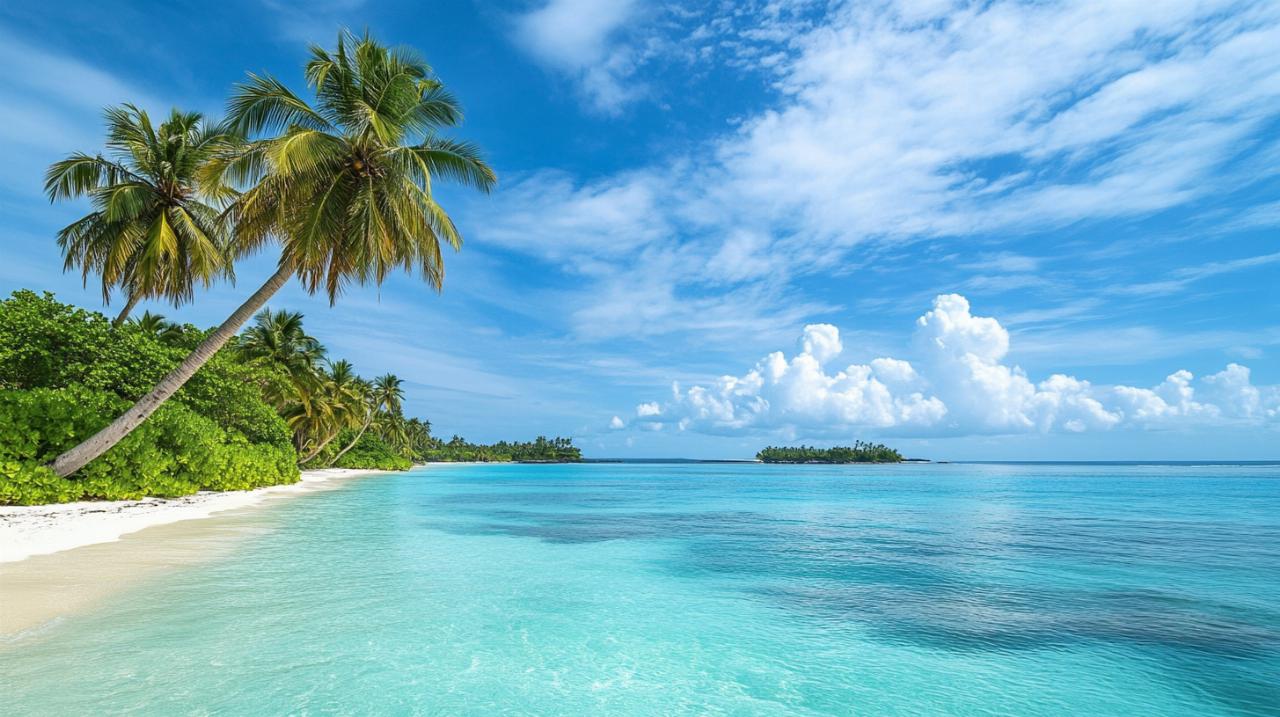 For travellers seeking an active escape, Réunion Island delivers with its dramatic volcanic terrain and diverse landscapes. This French overseas department presents a striking alternative to the typical beach holiday with its rugged interior dominated by three cirques—Salazie, Cilaos, and Mafate—formed by collapsed volcanoes and now home to small villages accessible only by foot or helicopter.
For travellers seeking an active escape, Réunion Island delivers with its dramatic volcanic terrain and diverse landscapes. This French overseas department presents a striking alternative to the typical beach holiday with its rugged interior dominated by three cirques—Salazie, Cilaos, and Mafate—formed by collapsed volcanoes and now home to small villages accessible only by foot or helicopter.
The crown jewel of Réunion's natural attractions is Piton de la Fournaise, one of the world's most active volcanoes, which offers hiking opportunities across lunar-like landscapes. The island's terrain transitions rapidly from coastal areas to high mountains, creating microclimates that support diverse ecosystems. Adventure seekers can engage in canyoning down waterfalls, paragliding over gorges, or trekking through dense forests, making Réunion an ideal destination for those who prefer hiking boots to flip-flops.
Madagascar: unique wildlife and biodiverse ecosystems
Madagascar stands apart as the fourth largest island in the world and a biodiversity hotspot unlike any other. This island nation is famous for its endemic species, most notably the various lemur species that have become emblematic of Madagascan wildlife. The island evolved in isolation, resulting in flora and fauna that are found nowhere else on Earth, making it a living laboratory for naturalists and wildlife enthusiasts.
National reserves such as Andohahela, spanning an impressive 80,000 hectares, protect the island's unique biodiversity. These protected areas showcase Madagascar's remarkable ecological diversity, from rainforests to spiny deserts. While the infrastructure may be more basic compared to other Indian Ocean destinations, the opportunity to observe chameleons changing colours, spot rare bird species, or watch lemurs leap through the forest canopy provides an unparalleled natural history experience that compensates for any lack of luxury.
Off the beaten path: comoros archipelago
Pristine coral reefs and volcanic backdrops
The Comoros Archipelago remains one of the Indian Ocean's best-kept secrets, offering experiences unburdened by mass tourism. This chain of volcanic islands features dramatic landscapes where green mountains rise from the sea, creating a spectacular backdrop for the pristine beaches that line their shores. The waters surrounding these islands host healthy coral reefs teeming with marine life, providing exceptional snorkelling and diving opportunities in relatively untouched environments.
The volcanic origins of the Comoros are evident in the black sand beaches found on some coastlines and in the fertile soils that support lush vegetation across the islands. Mount Karthala on Grande Comore, one of the world's largest active volcanoes, dominates the landscape and offers challenging hiking routes for the adventurous traveller. The blend of volcanic features with tropical marine environments creates a unique ecological setting that differentiates the Comoros from its more famous Indian Ocean neighbours.
Escape the crowds: authentic island experiences
Perhaps the greatest appeal of the Comoros lies in the opportunity to experience island life untouched by commercial tourism development. Visitors can explore villages where traditional ways of life continue much as they have for generations. The local culture reflects a fascinating mix of African, Arab, and French influences, evident in everything from the architecture to the cuisine.
Markets bustle with activity as locals trade spices, tropical fruits, and handcrafted goods. Fishing remains an important part of daily life, and visitors might observe traditional dhows sailing out at dawn or returning with the day's catch. Those seeking authentic cultural immersion will appreciate the genuine hospitality of Comorian people and the absence of staged tourist experiences. This authenticity, combined with natural beauty and relative seclusion, makes the Comoros Archipelago the perfect choice for travellers looking to venture beyond the standard Indian Ocean destinations and discover paradise on their own terms.

